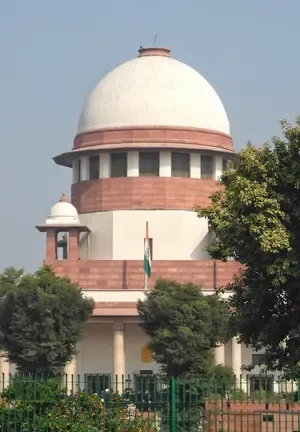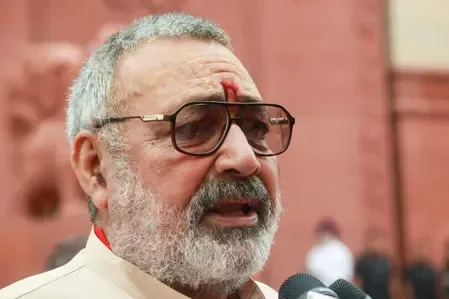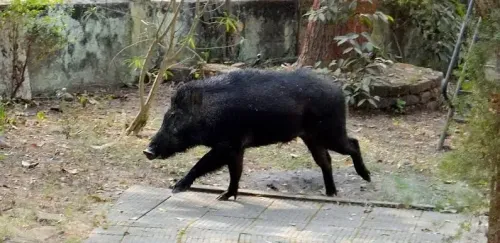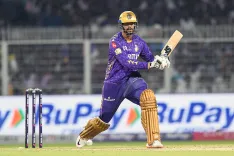Congress Submits Supreme Court Application Supporting Places of Worship Act, 1991

Synopsis
Key Takeaways
- The Congress has filed for intervention in the Supreme Court.
- The Places of Worship Act protects places of worship as of August 15, 1947.
- The Act is vital for maintaining secularism in India.
- Congress aims to uphold the rights and welfare of the Indian people.
- No new suits allowed under the Act as per the Special Bench's order.
New Delhi, Jan 16 (NationPress) The Congress has submitted a request to the Supreme Court for intervention regarding the series of petitions that question the legitimacy of the Places of Worship Act, which prevents the initiation of lawsuits aimed at restoring a place of worship or altering its status from what existed on August 15, 1947.
The application highlighted that the Places of Worship Act was established by Parliament, reflecting the will of the Indian people, and was proposed before 1991. It was incorporated into the Congress’s election manifesto during the Parliamentary elections.
Furthermore, it asserted that the 1991 Act is vital for protecting secularism in India, claiming that the current challenges to the Places of Worship Act seem to be a deliberate and malicious effort to erode the foundational principles of secularism.
“The POWA (Places of Worship Act) is crucial in promoting the right to freedom of religion and safeguards secularism, which is a recognized fundamental aspect of the Constitution,” the application emphasized.
Additionally, it mentioned that the law fosters equality among all religious communities, refraining from giving preferential treatment to any particular group, and is applicable to all places of worship while confirming their nature as of August 15, 1947.
The application pointed out that Congress, as a recognized national party, is the oldest active political party in the country and presently serves as the main opposition party in Parliament, asserting that it has consistently advocated for the rights and welfare of the Indian populace since its founding.
The CJI Sanjiv Khanna-led Special Bench issued an interim order on December 12, mandating that no new lawsuits would be filed under the Places of Worship Act, 1991 across the country, and that no conclusive or effective orders would be rendered in ongoing cases until further notice.
The Special Bench, which also includes Justices Sanjay Kumar and K.V. Viswanathan, instructed the Union government to submit a response within four weeks regarding the batch of petitions questioning the legitimacy of the Places of Worship Act, 1991.










